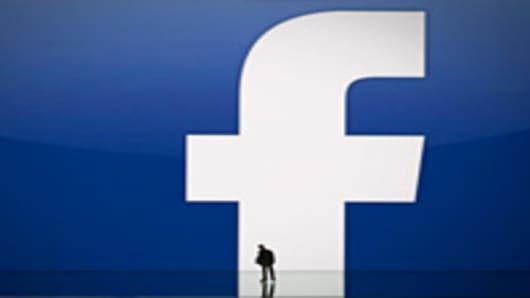Facebook’s albatross — and its biggest opportunity — is its fast-growing mobile user base. Today’s acquisition sheds light on Facebook’s plan to ensure it doesn’t lose mobile users, and to turn those half-billion people into revenue and profits.
Face.com specializes in facial recognition — its technology is used by 45,000 developers. And the company has a special expertise in mobile facial recognition: its Klik app tags people within photos before they’re even taken, while you’re holding your phone up. Google and Apple also offer facial recognition technology to tag people in photos, but Face.com is distinguished by its mobile focus, which could give Facebook users the advantage of quickly tagging friends while uploading on the go.
The easier it is for Facebook users to tag friends from their phones, the more likely they are to stick with Facebook than spend time on a separate photo-taking mobile app. The more photos users tag, the more they’re sharing with friends, which means more visits to Facebook to see the photos, and more time on the service to browse. And more time spent means more opportunity for ad revenue. And information about which friends are in users’ photos allows Facebook to better filter users’ news feeds and better target ads.
Facebook has been on an acquisition spree, perhaps because it doesn’t have mobile built into its DNA. Two companies that are innately mobile—Instagram and Twitter—were starting to threaten Facebook’s core business, says BTIG analyst Richard Greenfield. He points out that while Facebook Camera premiered as the No. 1 free app in the iPhone app store, its position has plummeted to number 251, while Instagram has stayed in the top 10. This explains why Facebook is willing to spend $1 billion for Instagram, and speaks to the importance of acquisitions in mastering the mobile space.
Questions? Comments? MediaMoney@cnbc.com



